Union Railway Minister Ashwini Vaishnaw has reiterated the central government’s stance on the long-pending Sabarimala Rail Project, urging the Kerala government to begin land acquisition by committing its share of 50% of the total project cost. The Sabarimala rail line, formally known as the Sabari Rail Project, has been in limbo for decades, despite repeated appeals and political consensus on its necessity due to the heavy seasonal pilgrimage traffic to the hill shrine of Lord Ayyappa.
In his latest statement, Vaishnaw made it clear that the ball is now in the state’s court. “We have asked the Kerala government to proceed with land acquisition using its share of the project cost, which is 50%. Once they show firm commitment and start acquiring land, the Centre will act accordingly. This is a jointly funded project and cannot move forward unless the state fulfills its responsibility,” he said while addressing a media interaction on ongoing railway infrastructure development across India.
Overview of the Sabarimala Rail Project
The Sabari Rail Project was conceived as a 111-kilometre broad-gauge line connecting Angamaly in Ernakulam district to Erumeli near Sabarimala in Pathanamthitta district, aimed at easing the pressure on road infrastructure during the peak pilgrimage season. It also promises to boost regional connectivity in Central Kerala and aid economic development in the hilly hinterlands.
However, even after nearly 25 years since its conceptualization, the project remains incomplete, primarily due to land acquisition delays, funding constraints, and a lack of sustained political will across successive governments.
Current status of the project
| Component | Details |
|---|---|
| Total proposed length | 111 km |
| Completed work | 7.4 km (Angamaly–Kalady stretch) |
| Project estimated cost (2024) | ₹3,200 crore (approx.) |
| Cost-sharing formula | 50:50 (Centre:State) |
| State contribution (pending) | ₹1,600 crore |
| Land acquisition requirement | 1,252 hectares (approx.) |
| Land acquired so far | Less than 15% |
Railway authorities have maintained that the central share is contingent on visible on-ground action by the state, especially with respect to land acquisition.
Union Minister’s remarks and expectations from Kerala
Minister Vaishnaw was categorical in his statement, noting that multiple states across the country have already demonstrated collaborative frameworks for co-funded projects. “Kerala must adopt the same cooperative spirit. We have rail projects progressing swiftly in Maharashtra, Tamil Nadu, and Andhra Pradesh because the states proactively participate in cost-sharing and land acquisition.”
He further stressed that once Kerala releases funds and accelerates the acquisition process, the Centre will be ready to match it rupee-for-rupee. “This project can be completed in 3–4 years if the land is acquired promptly,” Vaishnaw added.
Timeline of delays and developments
| Year | Key Development |
|---|---|
| 1998 | Project announced by Railway Board |
| 2001 | Foundation stone laid at Angamaly |
| 2008 | Work begins on Angamaly–Kalady stretch |
| 2015 | Work halted due to lack of land acquisition |
| 2019 | State government proposes revised alignment |
| 2022 | Centre requests 50% cost sharing by Kerala |
| 2023 | Revised project cost submitted by Railways |
| 2024 | Minister Vaishnaw urges land acquisition start |
Political reactions in Kerala
The Union Minister’s remarks have reignited a political debate in Kerala. The ruling Left Democratic Front (LDF) has long demanded central assistance to complete the Sabari Rail Project, especially considering its significance for religious tourism and the state’s economy. However, opposition leaders from the United Democratic Front (UDF) have pointed out that the LDF has failed to prioritize land acquisition over the years, despite holding power for much of the project’s lifetime.
Kerala Transport and Rail Development Corporation (KRDCL), the state’s implementing agency, has stated that they are in the final stages of preparing land acquisition notifications, but require the initial financial approval from the state finance department.
Benefits of the Sabari Rail Project
Once completed, the Sabarimala rail line is expected to deliver a range of strategic, social, and environmental benefits:
- Pilgrim facilitation: Reduce road congestion and travel time for the estimated 40–50 million annual pilgrims visiting Sabarimala.
- Eco-friendly travel: Rail connectivity can drastically cut carbon emissions in the ecologically sensitive Western Ghats zone.
- Economic boost: New rail hubs and stations can foster local trade, tourism, and employment in Ernakulam, Idukki, and Pathanamthitta districts.
- Emergency response: Better transport infrastructure for managing crowd surges, medical emergencies, and disaster scenarios.
Funding roadmap: What’s needed next
| Milestone | Responsible Authority | Funding Required (in ₹ crore) |
|---|---|---|
| Stage-1 Land Acquisition | Kerala State Govt | 600 |
| Railway station design & DPR | Indian Railways | 150 |
| Environmental clearance work | Joint (State + Centre) | 50 |
| Civil construction (Phase-I) | Joint (State + Centre) | 1,400 |
| Electrification and signalling | Indian Railways | 500 |
| Total (initial phase) | Shared | 2,700 |
Minister Vaishnaw has said that the project could be fast-tracked under the PM Gati Shakti initiative, provided there is political alignment and administrative urgency at the state level.
Local voices: Rising demand for accountability
Residents and pilgrim associations across Kerala and neighboring Tamil Nadu have called for transparency and faster progress on the Sabari Rail Project. Many expressed frustration at the continuous political back-and-forth.
“I’ve been hearing about this railway line since I was in school. I am now 40. Nothing has moved,” said a resident of Erumeli, echoing a common sentiment.
Religious bodies managing the Sabarimala temple, including the Travancore Devaswom Board, have expressed their support for the project, stressing that it can help manage seasonal surges and improve accessibility for senior citizens and differently abled pilgrims.
Final word: Centre and state must align for Sabarimala rail dream
With Union Minister Ashwini Vaishnaw clearly articulating the Centre’s conditional commitment, the onus is now on the Kerala government to take the first step by funding and initiating land acquisition. The Sabari Rail Project, if implemented, can become a transformative infrastructure corridor that combines religious relevance with economic utility.
Timely action, political consensus, and administrative will are crucial if Kerala wishes to make this decades-old dream a reality for millions of pilgrims and residents.
Disclaimer: This news content is based on publicly available statements and policy updates made by Union and state officials. It is intended for informational purposes only. Readers are encouraged to refer to official communications for the most current and confirmed project data.

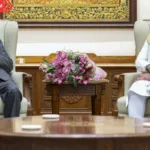
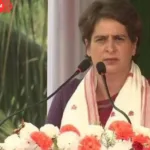

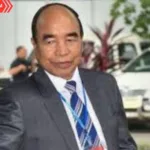


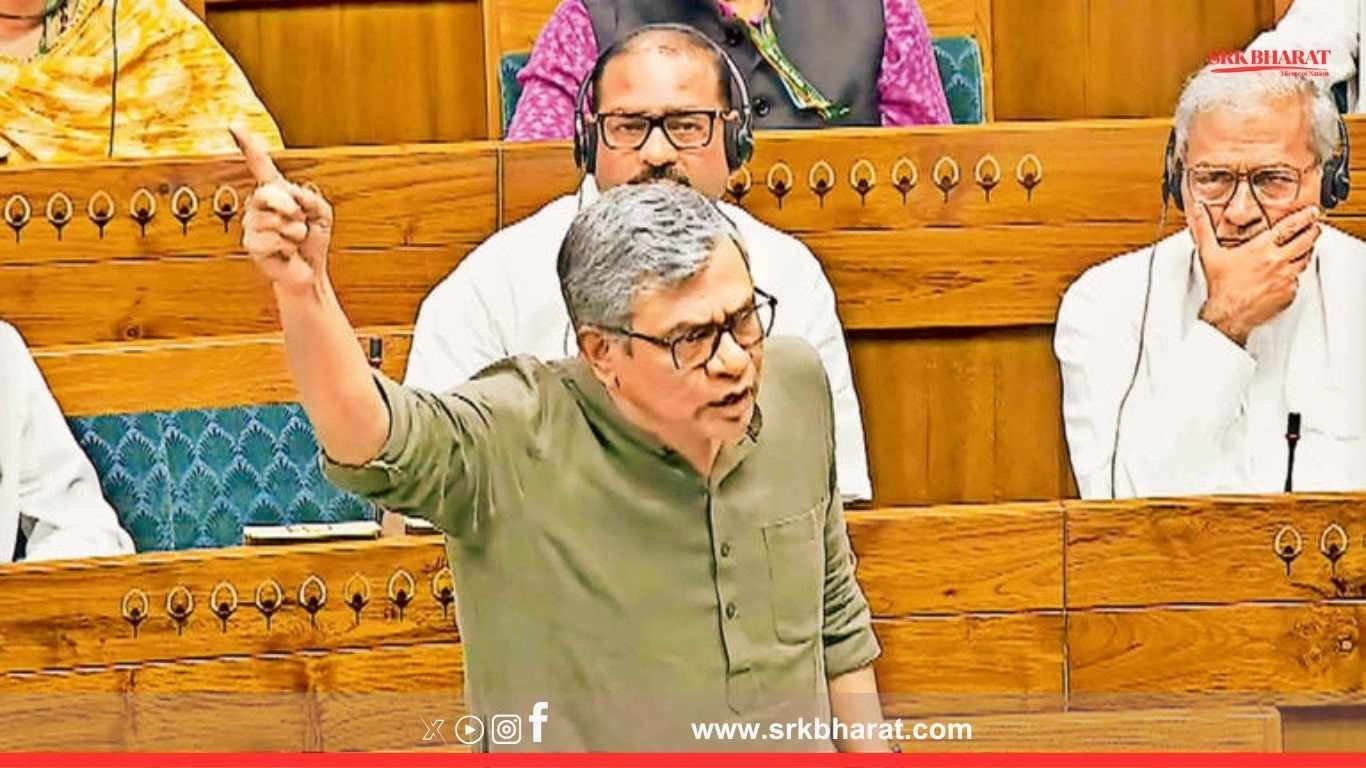
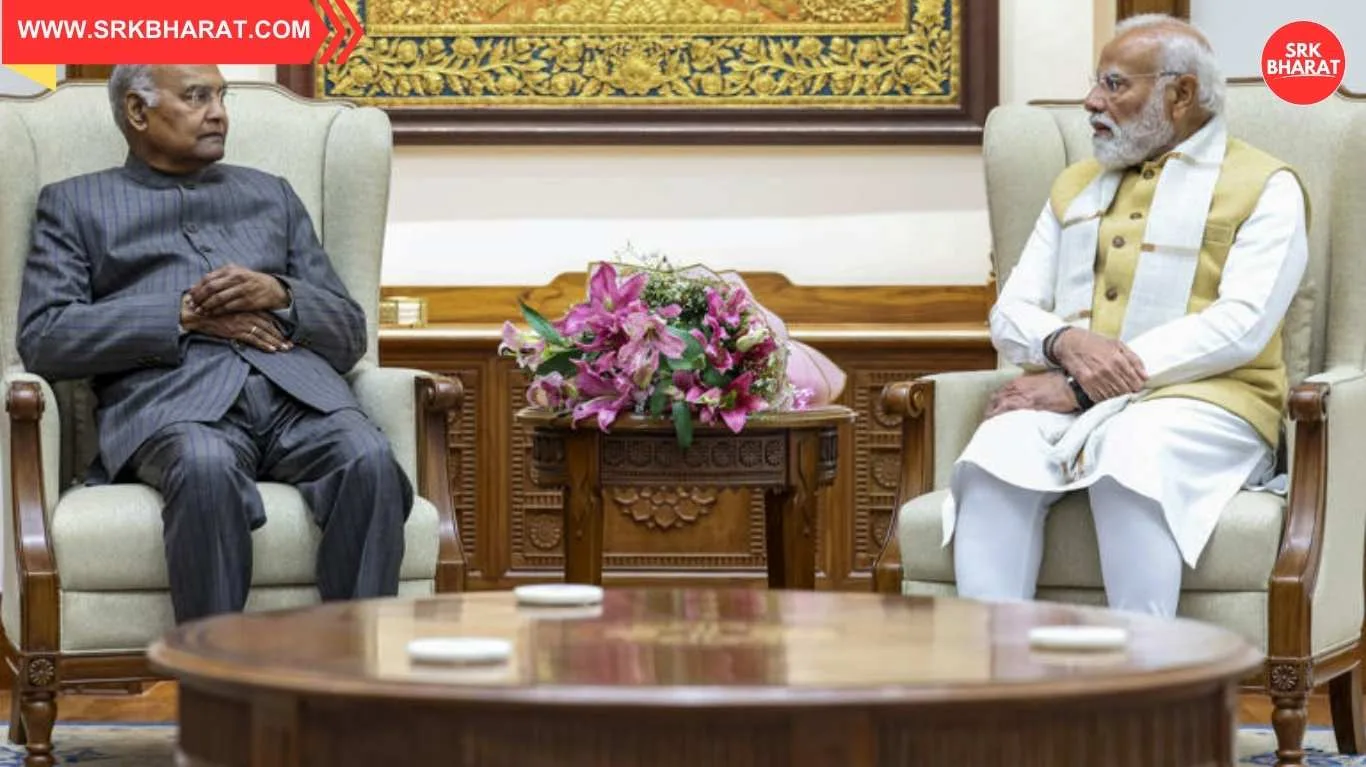



потолочник https://www.stretch-ceilings-nizhniy-novgorod.ru .